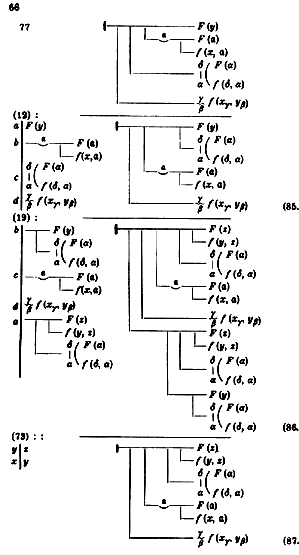With summer approaching, I’ll be posting less regularly here on the blog. I’m quite happy with the three series of posts I wrote during the lockdown — on discipline, imagination, and time (I’ve linked to the first post in each series). But I fear I’ve been somewhat self-indulgent, pursuing my own obsessions and fascinations with the possibilities of scholarly prose. In August, I’ll get back to more practical matters, which will hopefully be of direct use to scholars and students. This week, I’m planning a course for doctoral students and I thought I’d spend the summer posting my thoughts on how to teach, and how to learn, writing. I’m going to think out loud about what you can do to become a better a writer and what I might do to help you. Comments and criticisms are, as always, welcome.
Before you begin any course in writing, or even a program of self-study, you should decide how many hours you’re going to devote to it, and how long the course will run. How much of that time will be devoted to instruction (either from a live teacher or from reading a book, or a blog, about writing), how much should be devoted to workshopping your writing and getting feedback (either from a teacher or a peer), and, most importantly, how much will be devoted to actually writing? My minimum suggestion for anyone who wants to improve their writing (not merely keep their prose in shape) is 40 hours of writing over an eight-week period, 10 hours of instruction, and 10 hours of feedback. You can design your course or regimen differently, of course, but I suggest roughly those proportions. Spend about two thirds of your time writing, about one sixth listening to (or reading) someone else about writing in general, and another sixth letting someone tell you about your writing specifically. Also, I do suggest keeping at it for about two months.
Next, give yourself or your students some very deliberate activities to do. My approach is to divide your writing time into half-hour “writing moments”, each devoted to the composition of a single paragraph. That way, if you’ve given yourself 40 hours to write over 8 weeks, you know you’ll be writing 80 paragraphs altogether, averaging 10 paragraphs a week. Every time you compose a deliberate paragraph you’re giving yourself an occasion on which to learn, and the activity itself will train your prose, much like practicing the piano trains your fingers and going for a run trains your legs. The point of arranging a “course” is to get the most out of those 80 teachable moments.
To this end, I suggest specifying an output. A standard research paper is a good focus because writing one will require you to apply the full range of academic skills: you’ll have to introduce and conclude the paper; you’ll have to write about your theory and method; you’ll have to write a background and an analysis; and you’ll have to discuss the implications of your research. With 80 paragraphs at your disposal, you can plan to write a 40-paragraph paper twice. That’s a lot of learning-by-doing. The skills you learn that way can later be applied to writing entire chapters of theory, method, analysis, etc.
Finally, I want to say something about the spirit in which such a course should be run. Whether you’re teaching it or participating as a student, whether you’re doing it in a big group, or going at it alone, resolve not to worry about what is being accomplished, i.e., what contribution this is making to your academic career or those of your students. Don’t do this at a time when your main concern is finishing a text for publication or examination. (Make this clear to your students if you’re teaching the course.) Find eight weeks that are freed from worry about completion, and give yourself time just to learn how writing works. Every time you sit down write a paragraph, put your academic ambitions on one side and focus only on becoming a better writer. (A tip: choose to write about something you know really well. That way it’ll be the writing, not the knowing, that is the main the problem.) The important thing is to write those paragraphs, learning a little about how it’s done every time you do it. When the course is over, you can get back to work.
